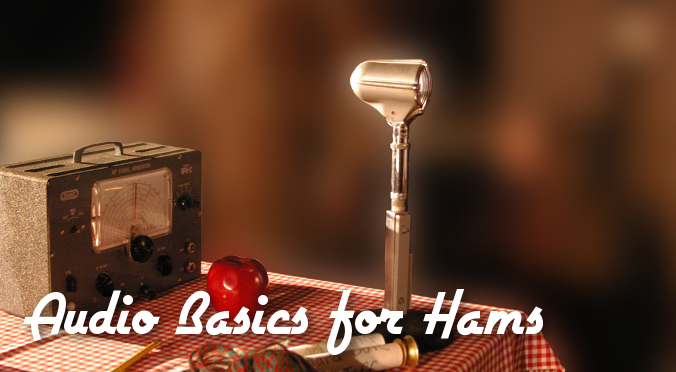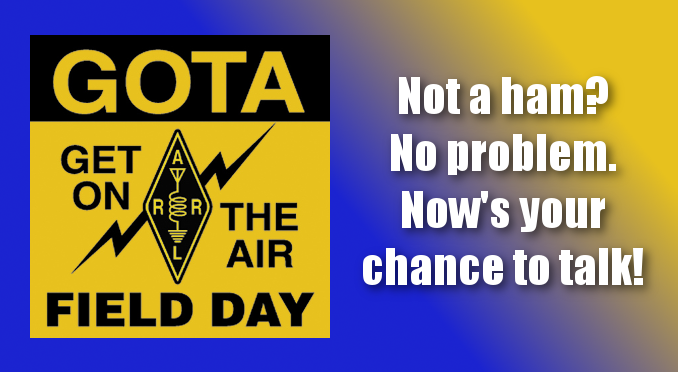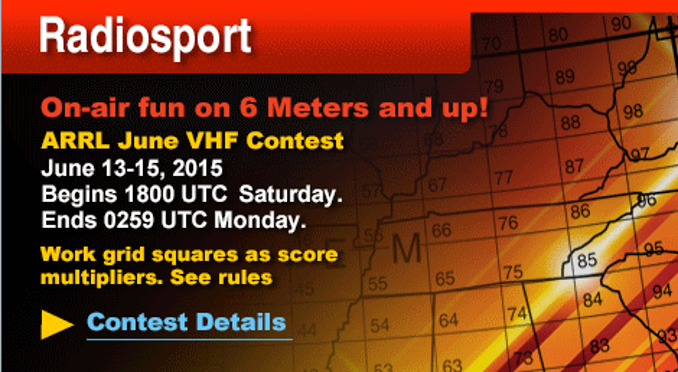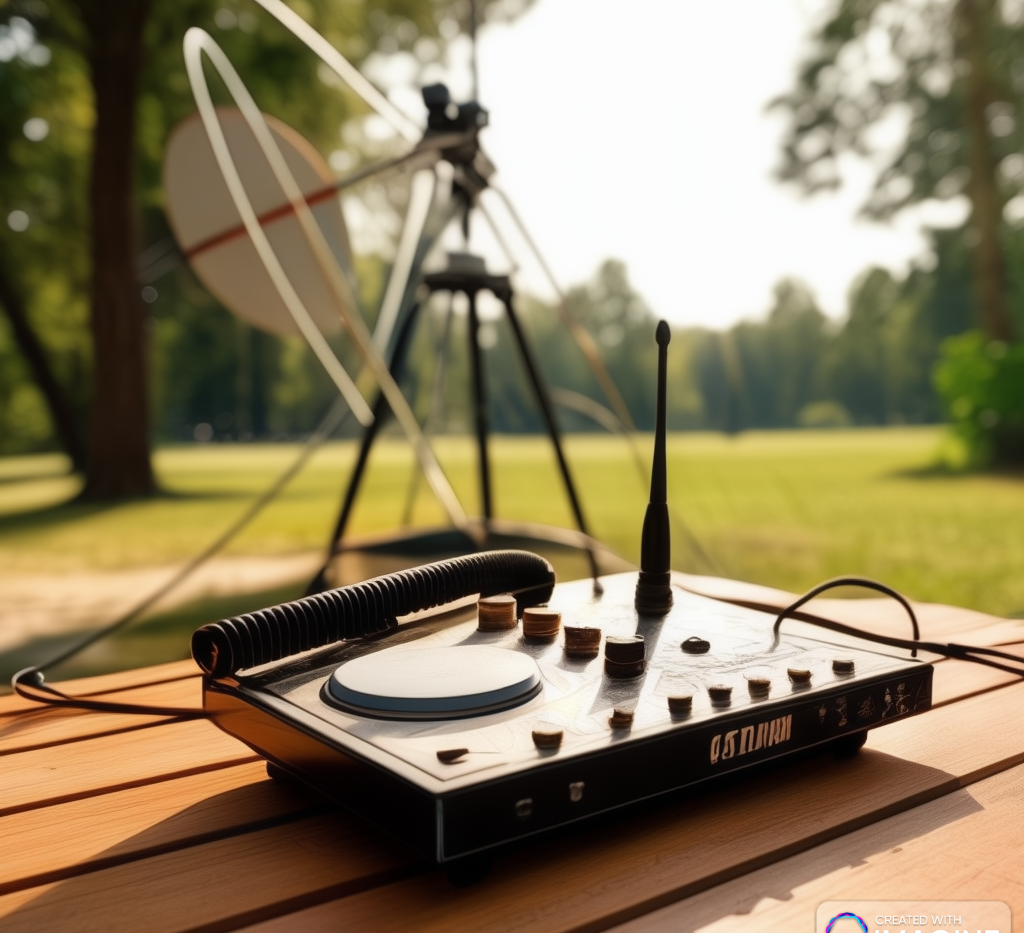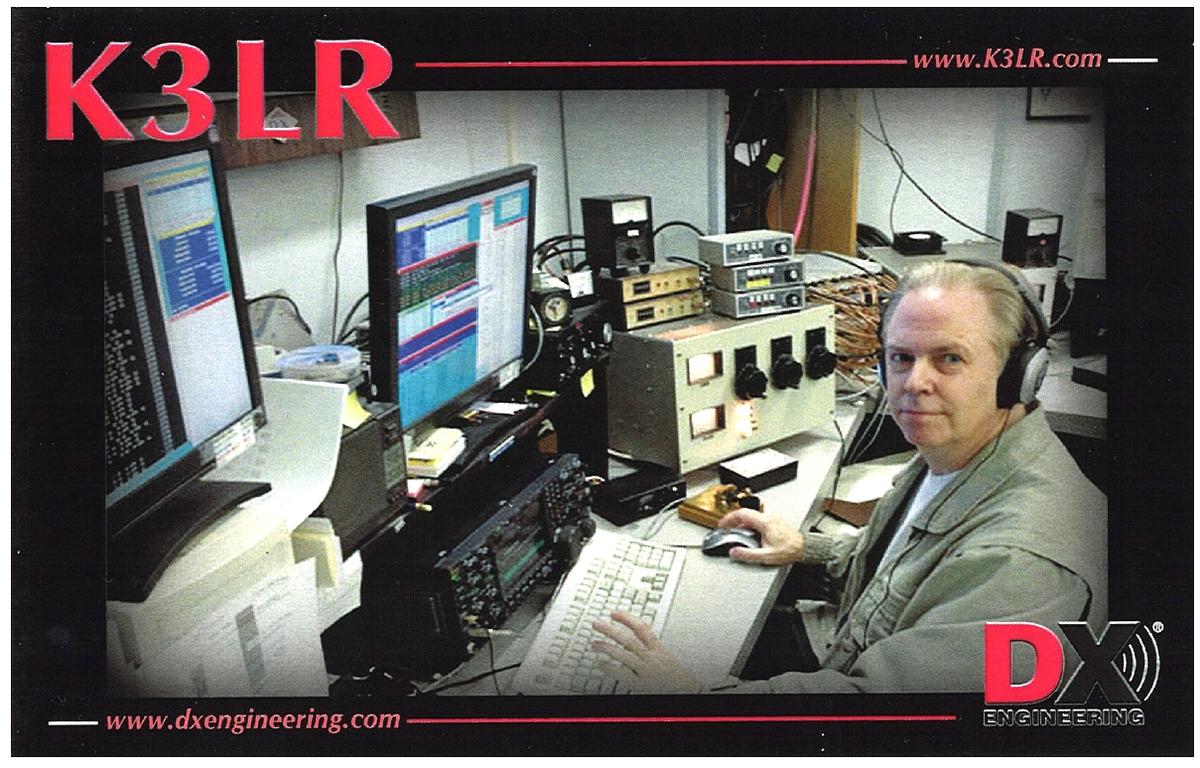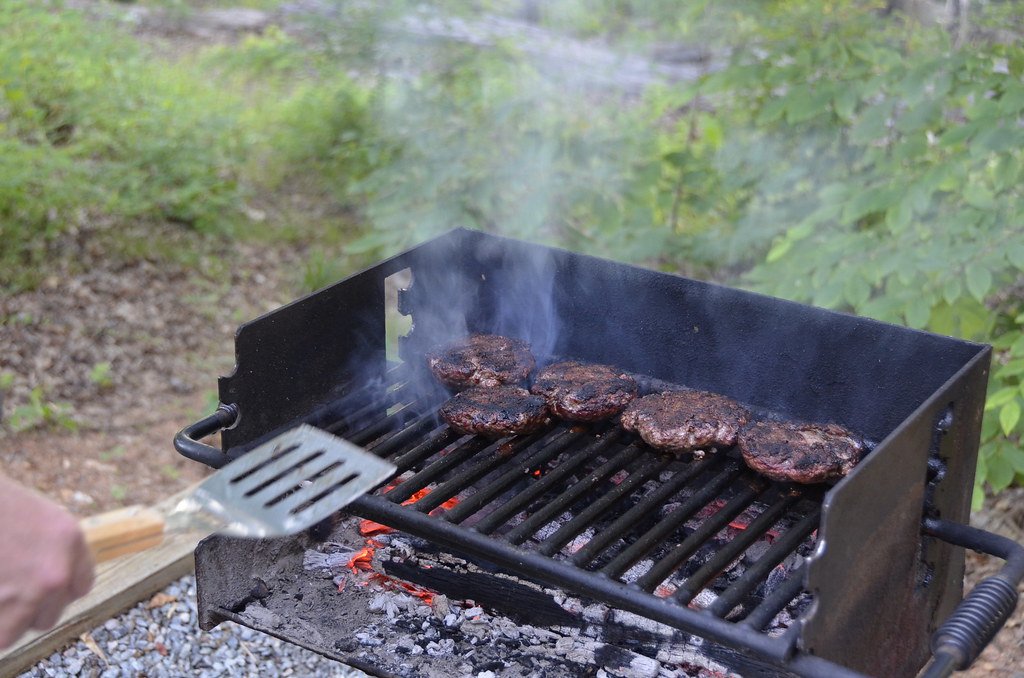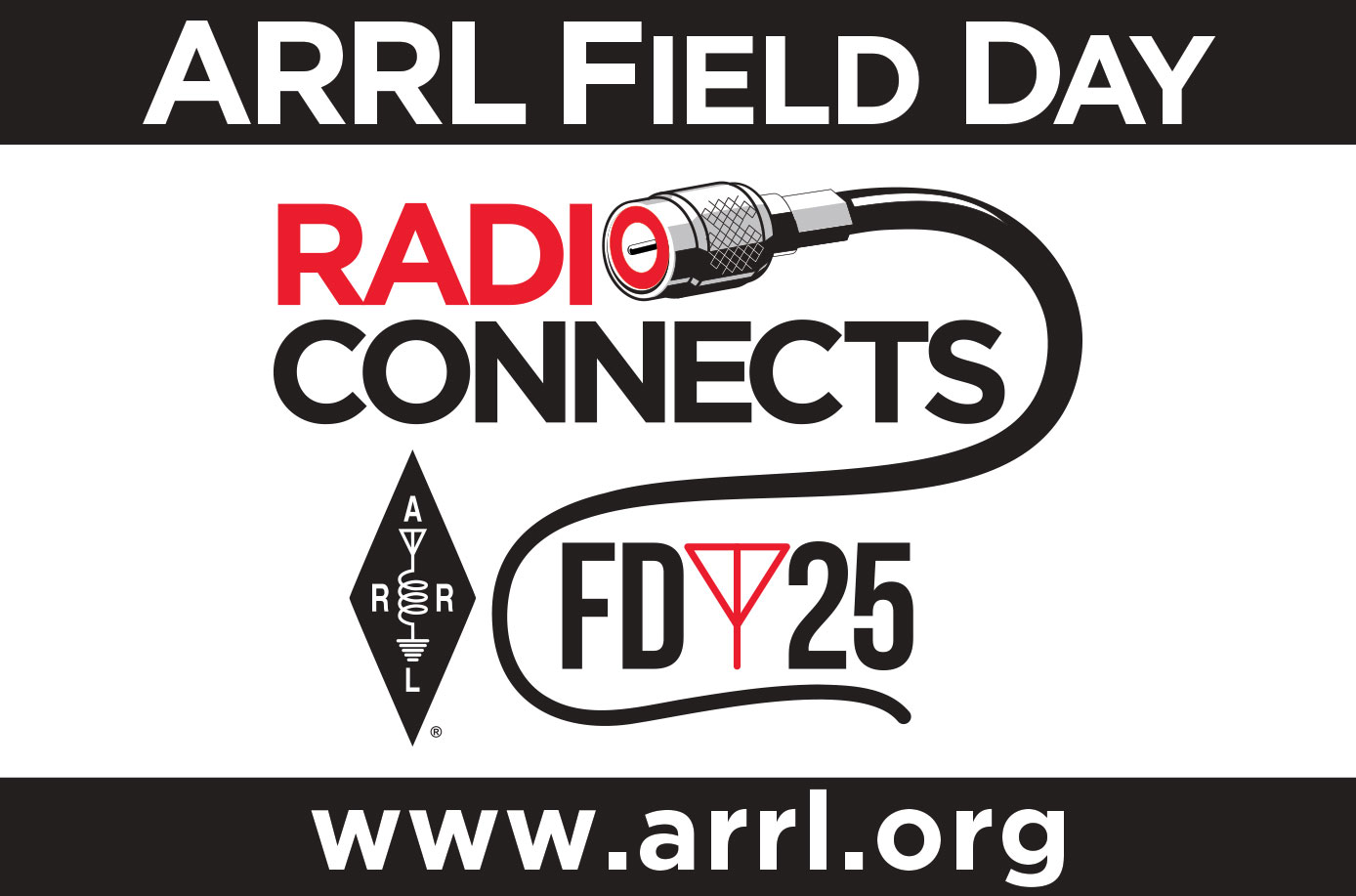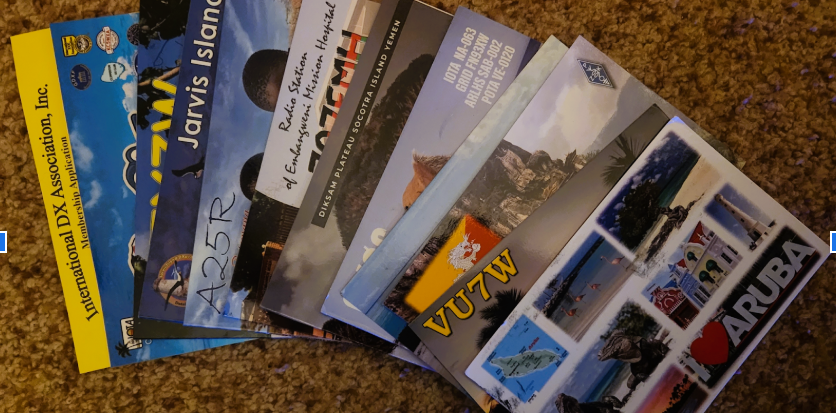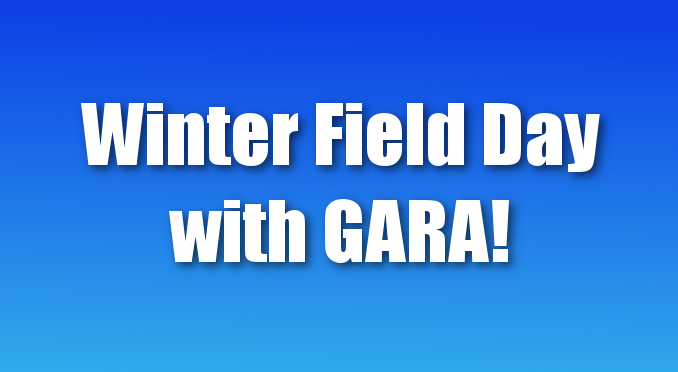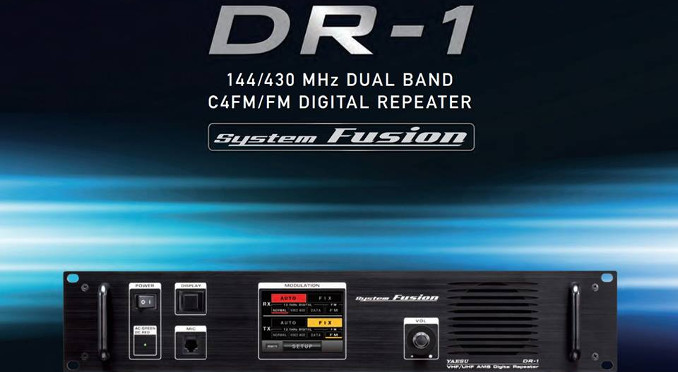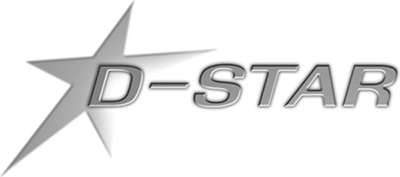News
Audio Basics for Hams, Part 4 – Signal Routing
While it's perfectly fine to read each article a la carte, if you haven't had a chance to look at the previous articles about audio basics, it would probably behoove you to go take a gander at them when you have a chance. :) I'm explaining concepts all the way from the sound you make in the air with your mouth, through the audio mixer, and finally into your radio, so some of the earlier articles will be helpful for you to understand as the ideas progress. If you haven't been to them thus far, here are the links for your reading pleasure:
Audio Basics for Hams, ...
Audio Basics for Hams, Part 3 – Signal Chain
If you've read through the first two installments, you're pretty much an expert in microphones now :) . I think it's time to move up the audio path a little bit and start getting into ways you can route and process your audio. There's a good bit to this, so no doubt it will take a few more posts to get through it all, but I feel confident that it will be worth it in the long run. And please keep in mind that this is called "Audio Basics" so I don't intend on going into all of the nitty-gritty details that more advanced engineers might like. Sorry!
A microphone ...
W9HPX Presentation on Amateur Radio Digital Voice Modes
Hopefully you didn't miss the GARA meeting this past Monday evening because we were treated to an excellent presentation about the various types of popular digital voice modes by Charlotte Digital Radio Group member Roland Kraatz, W9HPX! If you weren't able to attend, or even if you were, you'll probably want to review Roland's slide deck since so much information was presented. Thankfully Roland has provided us with a PDF copy of the slides, and you can download it here:
Be sure to join us for the next GARA meeting on Monday, August 24, when our own Chris ...
Audio Basics for Hams, Part 2 – All About the Pattern
If you had a chance to read Part 1 of this series, you now have a decent understanding of what makes a mic tick and the different types of mics that are in general use. That's awesome, and it's definitely the information you need as a foundation to get a better understanding about mics and audio. But as Paul Harvey used to day, here is "...the rest of the story!"
We know that as a general rule, dynamic mics are good for higher sound pressures (volumes) and condenser mics provide better clarity, but there's more to knowing which mic to choose than just that. Audio ...
Audio Basics for Hams, Part 1!
This week we had a great discussion on our Sunday evening Technical Forum (every Sunday at 7:30pm EST on the 145.150 W4GSO repeater, BTW!) about audio gear that we use to improve the quality of the sound we transmit or receive. That got me to thinking that it might be nice to put together a series of posts about audio, the types of gear we use to manipulate audio, and other basics specifically related to our hobby. So here (hear!) it is! My plan is to divide ideas up into multiple posts so that we can explore the concepts in a little more depth than could be done ...
13 Colonies Special Event
Now that everyone has survived Field Day it's time to set our sights on the next event- the 13 Colonies Special Event Stations! If you've never worked this special event, it's a great time that comes with a fun reward at the end. The event is in honor of Independence Day and the birth of the Republic.
Starting Tuesday, June 30 and running through Sunday, July 5, there will be a total of 15 special event stations on the air on HF (and, in the case of Wm3PEN, on D-Star!). There will be stations in each of the original 13 Colonies, and two additional stations: one in ...
Get on the air this weekend!
Did you know that you can talk to people in other parts of the country, or even other parts of the world, without having your amateur radio license? You can! You just need to have an amateur give you a hand and operate the station for you. There's an awesome opportunity this weekend to do just that! Come out to Tannenbaum Park in Greensboro on Saturday, June 27 or Sunday, June 28 and visit our GOTA (Get On The Air) Station that we'll have setup for field day. Don't know where Tannenbaum Park is? Click here for a map.
We promise that you won't be disappoi...
ARRL June VHF Contest This Weekend
Here is a contest that's open to all radio amateurs, regardless of license level! If you've never had a chance to participate in a contest because you're a Technician or because you don't have space for HF equipment at your QTH, this weekend's VHF contest is your chance to try your hand at contesting. According to the ARRL website, the objective of the contest is:
To work as many amateur stations in as many different 2 degrees by 1 degree grid squares as possible using authorized frequencies above 50 MHz. Foreign stations work W/VE amateurs only.
It's kinda like ...
The 500 Milliwatt Challenge
By Chris Thompson, K4HC
Just before Christmas, I was able to purchase a new HF radio, the Elecraft KX3, along with the companion 100 watt amplifier. Shortly after, I was able to sell my old HF radio and complete the “KX Line” by getting the PX3 panadapter. Most of you already know the KX3 is an outstanding QRP radio by itself (when not using the amplifier), and has an excellent receiver. I have been extremely satisfied with my purchase. As K4AX says, I now am drinking the Elecraft Kool-Aid.
Since I now had this wonderful QRP radio, I decided I would set ...
Amateur Radio Vanity Call Sign Fees to be Eliminated
The FCC has found that it costs the agency more to process the regulatory fees for amateur radio vanity call signs and other services such as GMRS than the fees themselves cover. Rather than increasing the rate, the FCC has decided to eliminate them altogether. This change will not go into effect until the required congressional notice has been given, which typically takes at least 90 days. Any fees paid prior to the institution of the change will not be refunded. This is great news and a welcome change from the tedious fee recovery process that has been normal.
For ...

